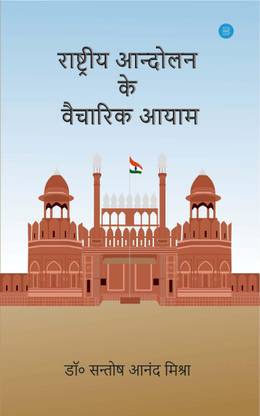Satyendra Nath Bose (1894–1974) was an Indian theoretical physicist and mathematician whose groundbreaking contributions to quantum mechanics reshaped modern physics. His most notable work, the Bose-Einstein statistics, laid the foundation for the study of bosons, a class of subatomic particles named in his honor.
Early Life and Education
Born on January 1, 1894, in Calcutta (now Kolkata), India, Bose was a brilliant student with a deep interest in mathematics and science. He studied at Presidency College, where he was mentored by renowned scientists like Jagadish Chandra Bose and Prafulla Chandra Ray. He later earned his Master’s degree in Applied Mathematics from the University of Calcutta, ranking first in his class.
Contributions to Quantum Mechanics
Bose’s most influential work emerged in the 1920s when he formulated the Bose-Einstein statistics, which describes the behavior of identical particles with integer spin. His research provided a new way to understand the quantum behavior of particles, differing from Fermi-Dirac statistics that govern fermions. This work led to the theoretical prediction of the Bose-Einstein condensate, a unique state of matter observed at extremely low temperatures.
Collaboration with Albert Einstein
Recognizing the significance of his findings, Bose sent his paper to Albert Einstein, who immediately saw its importance. Einstein translated Bose’s work into German and submitted it for publication, extending the theory further. Their collaboration led to the Bose-Einstein distribution, a cornerstone of quantum statistics that profoundly influenced modern physics.
Academic Career
Bose served as a professor at the University of Dhaka (now in Bangladesh) from 1921 to 1945 and later at the University of Calcutta until 1956. His research extended beyond quantum mechanics to areas such as statistical mechanics, X-ray crystallography, and unified field theory. Throughout his career, he remained a dedicated teacher and researcher, shaping generations of physicists.
Honors and Legacy
For his contributions to science, Bose received India’s Padma Vibhushan, one of the country’s highest civilian honors. He was also elected a Fellow of the Royal Society. His name lives on in the fundamental particle called the boson, reflecting his lasting impact on physics.
Bose passed away on February 4, 1974, in Kolkata. His pioneering work continues to influence quantum mechanics and modern physics, cementing his place as one of the greatest scientific minds of the 20th century.
Dr.Santosh Anand Mishra
Village - Mishrauli
Post- Kansi Simari
Dist- Darbhanga
Bihar
847106














0 Comments
Thank you